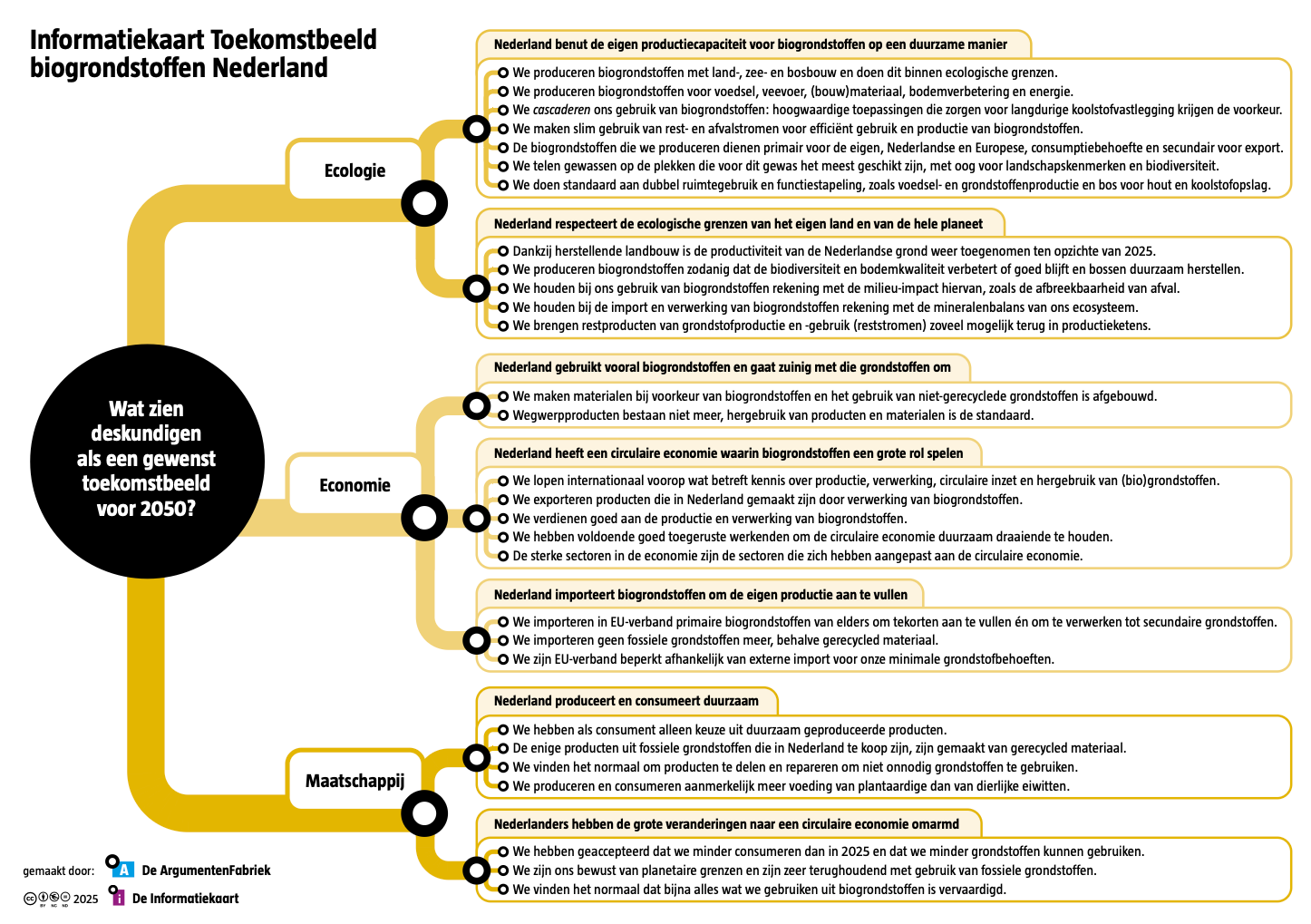Creating the Biofuture: A Report on the State of the Low Carbon Bioeconomy

This report by Biofuture Platform provides an assessment of the state-of-play of two key bio-economy sectors: biofuels and non-energetic bioproducts. It aims at providing a reference of countries’ status and existing barriers to then suggest adequate policy recommendations. The study focuses on countries members of the Biofuture Platform (BfP) and other selected countries. The Biofuture Platform is a 20-country effort to promote an advanced low carbon economy that is sustainable, innovative and scalable. The Netherlands is member.
The report finds that the bioeconomy requires an unprecedented effort in technology innovation and diversification. By 2018, 131 billion liters of biofuels were produced annually around the world, >99% of which could be classified as 1G. A 69% increase in sustainable biofuel output would be necessary to realize the IEA’s 2DS scenario, coupled with a 26% increase in the share of 2G and 3G biofuels.
Although the report finds that there is more support for (1G) biofuels than for bioproducts, the existing support is still not adequate and has in fact declined in recent years. The report finds that the main barriers for the bioeconomy are a lack of competitiveness against fossil fuels, the complexity and inadequacy of policy and support mechanisms and inadequate supply chain networks. It also emphasizes the fact that policy measures should be tailor-made, taking into account national goals. On the other hand, the main financial barrier is related to high capital costs and perceived risks for investment.
Since bioproduct technologies are mostly at early stages of development, the report recommends measures as tax break schemes for R&D and pull policies, which could result in innovation and cost reductions while also securing demand for bioproducts (e.g. through public procurement policies). It also recommends the removal of (indirect) subsidies to fossil fuels and fossil-based industries, if only to those who are in direct competition with the bioeconomy. Finally, it recommends measures to attract investors such a risk sharing mechanism or a tax incentive.

 Download hereVisit Website
Download hereVisit WebsiteRecente artikelen
Informatiekaart: Toekomstbeeld biogrondstoffen Nederland | 2025

Rijksoverheid: Wegwijzer brandstoftransitieverplichting | 2026


